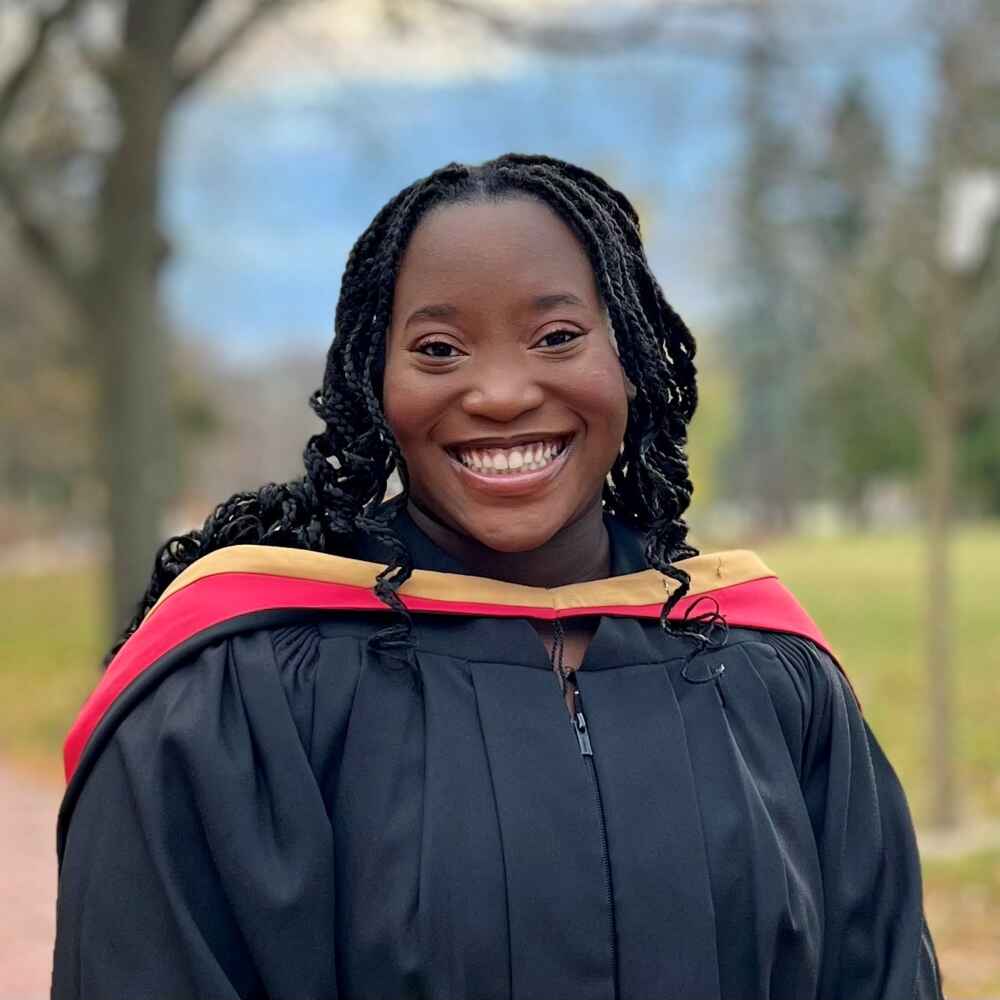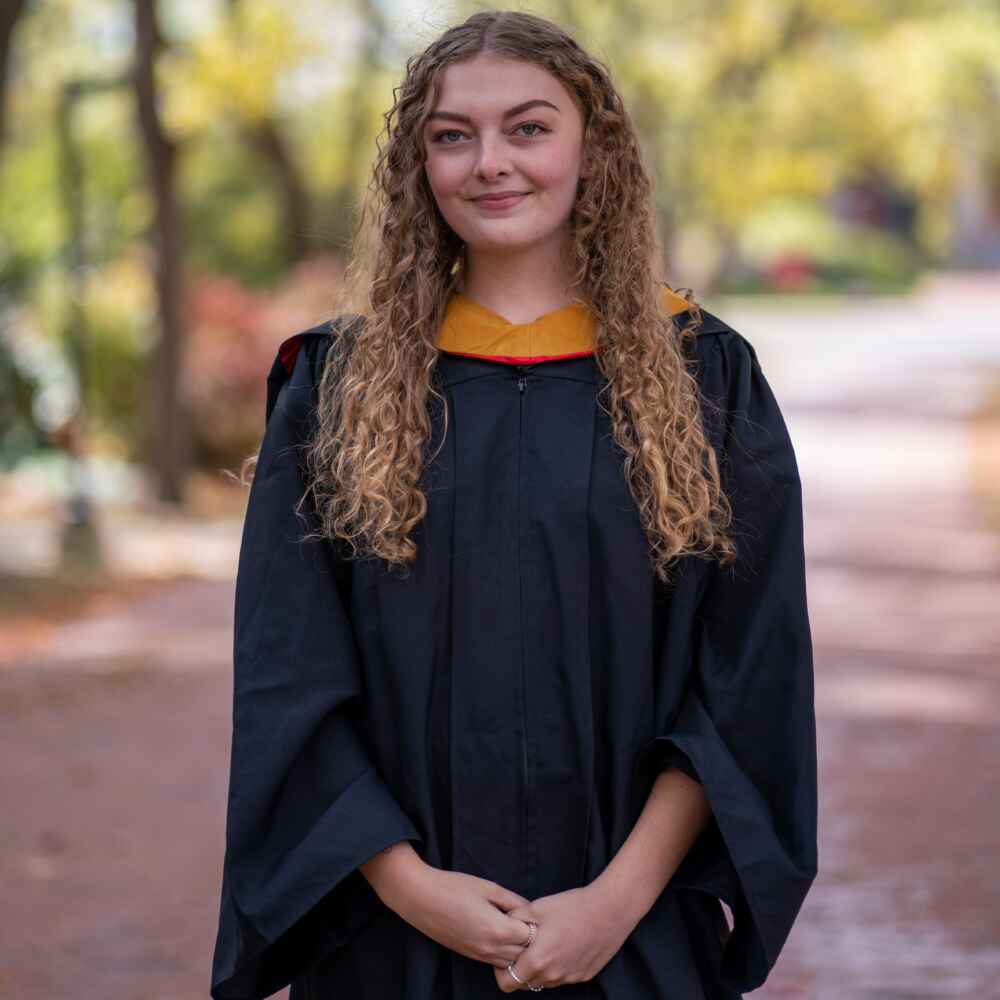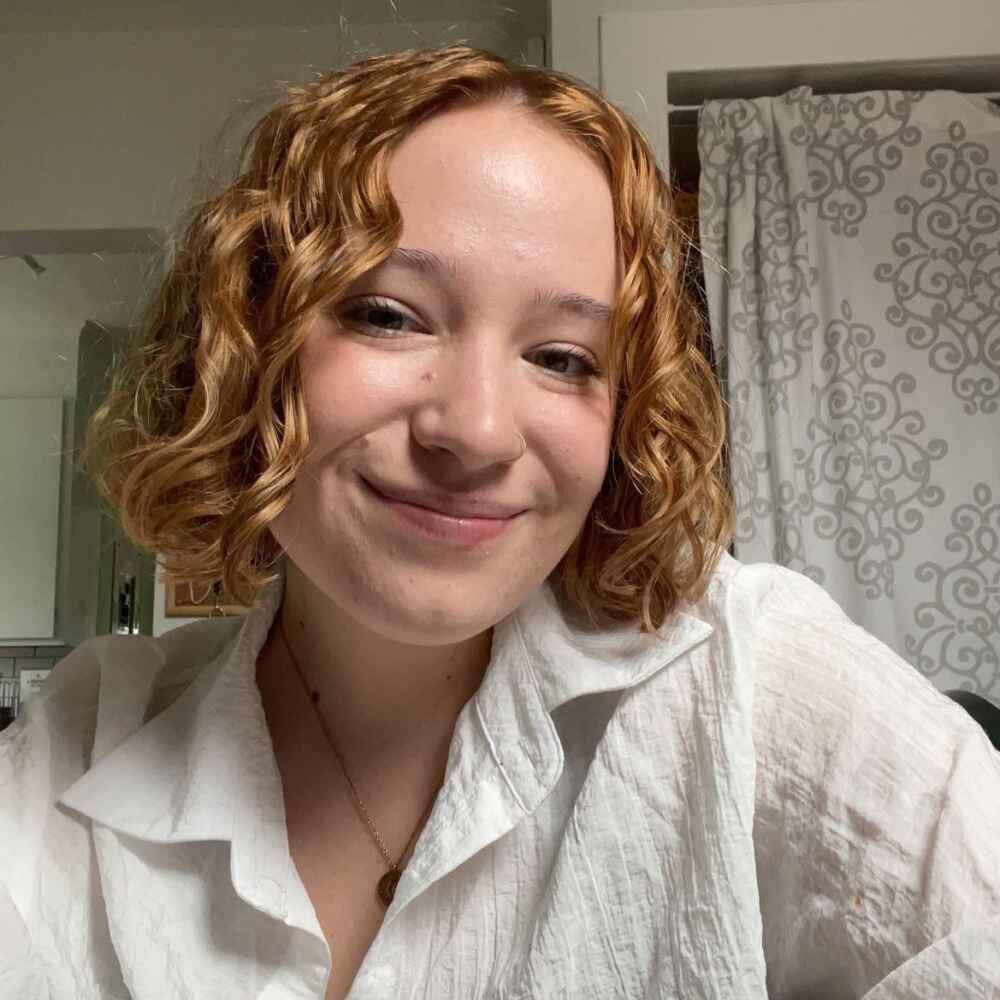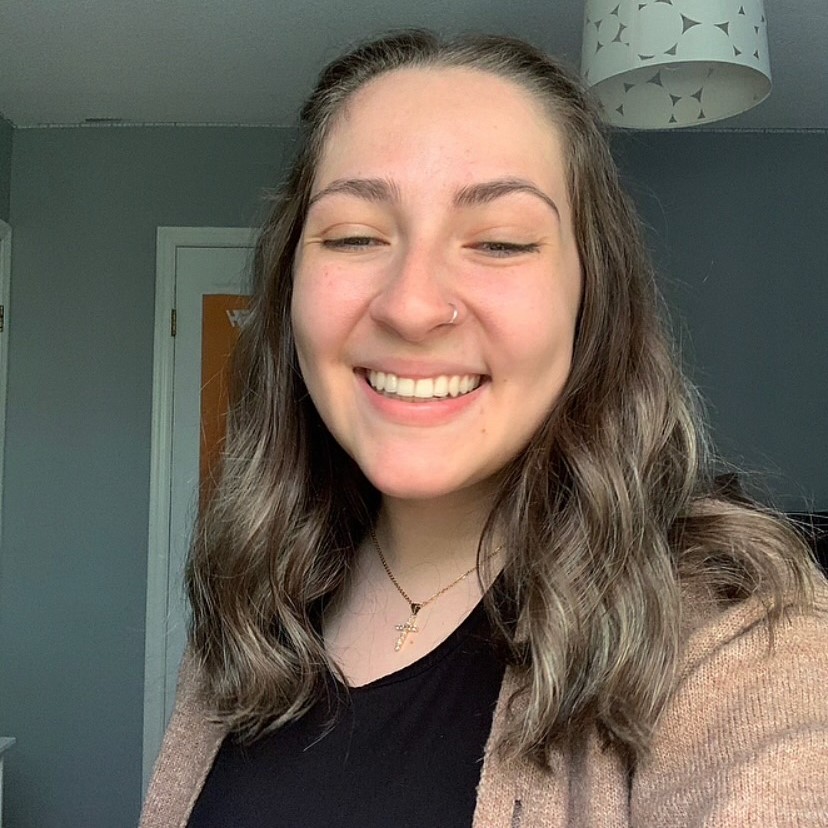
The University of Guelph is home to dozens of clubs devoted to science, technology, engineering and mathematics (STEM). While most have members who are men, women, trans and non-binary, only a few are dedicated to empowering women and gender minorities in STEM.
Scientista at U of G is one of them. The club supports women in STEM at the undergraduate and graduate levels by hosting guest speakers and networking opportunities as well as through mentorship.
“In many ways, it’s a support system for women in science,” said Deneisha Hammith, a fifth-year biomedical science and neuroscience student. As Scientista’s events coordinator, she prioritizes making participants feel comfortable and knowing there’s space for them at the table.
“Women are a minority, and it can be hard to go into a field where you don’t see yourself,” she said. “Even just feeling like you have to compete with your peers, other women, can be challenging.”
More than just a day

This challenge and gender gap within STEM is one of the reasons for the United Nations creation of the International Day of Women and Girls in Science (IDWGIS). Observed annually on Feb. 11, the day aims to raise awareness of women and girls in science and to provide them with full and equal access to and participation in science. This is something Emily Norman, a volunteer with the Let’s Talk Science chapter at U of G, says should happen every day.
“To be a woman in STEM is great, but after we celebrate days like International Day of Women and Girls in Science, it kind of goes quiet,” she said. “It should be happening all the time; we shouldn’t wait until that one day of the year to highlight people.”
Achieving that level of awareness is partly why Norman, who graduated last spring from U of G’s microbiology program, wants to become a high school science teacher. Through Let’s Talk Science, she gains essential teaching experience by volunteering in classrooms and at community events.
“STEM can be daunting, and that creates a stigma around it. But if you have someone who enjoys it and can have fun with it, then maybe more people will be open to exploring it further,” she said of the activities Let’s Talk Science provides to youth to encourage engagement and interest in STEM.
Representation matters

Having guidance and encouragement is something Lily Hopkinson, co-president of Women in Science and Engineering (WiSE) at Guelph, wishes she had when she was growing up.
It wasn’t until the third year of her undergraduate studies program that she joined the Guelph chapter as a volunteer. Here, she found a supportive and uplifting environment and a way to share her passion for science.
Like Scientista and Let’s Talk Science, WiSE caters outreach opportunities to elementary and high school-aged children. For Hopkinson, it’s a way to show students science isn’t “a cold and separated study, but one with a lot of room for creativity and passion.”
The annual Girl Guides in STEM event held around IDWGIS is one way to do so. Held on Feb. 11, this year’s event will encourage girls and other gender minorities to explore opportunities in STEM by providing them a fun-filled morning of science activities, including optical and chemical reaction experiments, said Hopkinson.
“I feel like it’s a win if one kid leaves an event saying, ‘Oh my gosh, that was so fun. I might explore STEM a little more!’” Hopkinson added. “I remember after the first event I organized as the director of outreach, I just cried because of the impact it had.”

That impact can also come from showing students there are others who look like them in the field, something that encouraged Olivia Biancucci, co-president of Guelph Women in Computer Science (GWiCS), to pursue a career in computer science.
“I remember attending a conference and feeling relieved and motivated when I heard a speaker discuss her experience in the field,” said Biancucci, a third-year computer science and marketing student.
“It’s important to highlight the people around you and the women in your community so that you have a sense of belonging and a way to achieve your goals.”
Now through her role with GWiCS – a student-run organization with an emphasis on empowering women, trans and non-binary students in computer science through events and outreach – she views herself as the role model her younger self would have loved to look up to.
